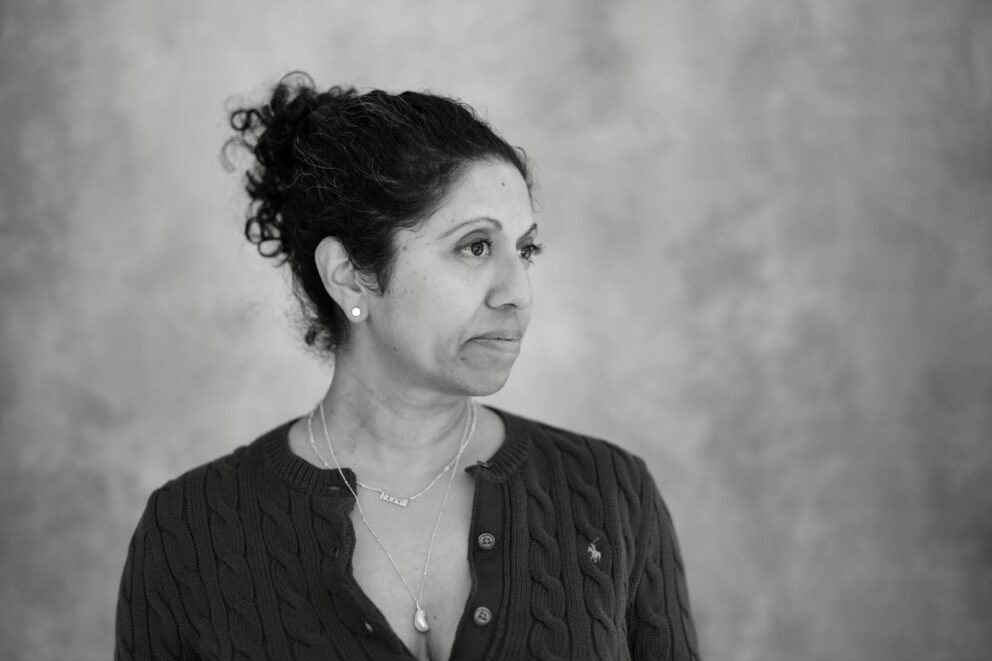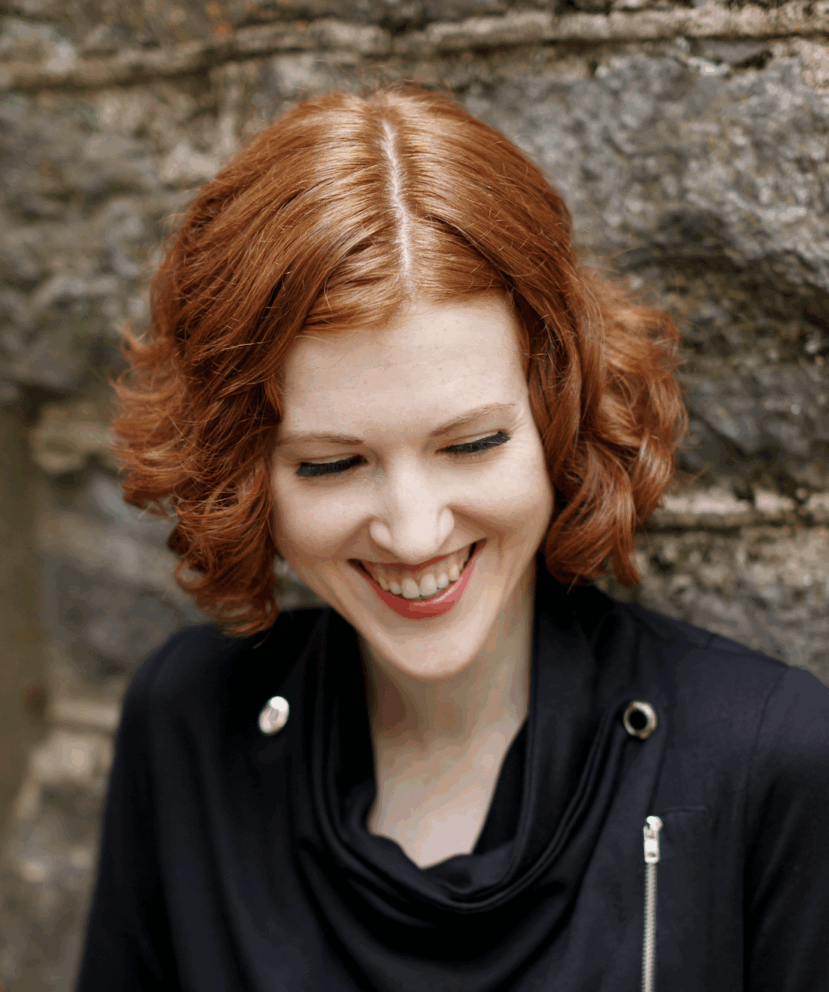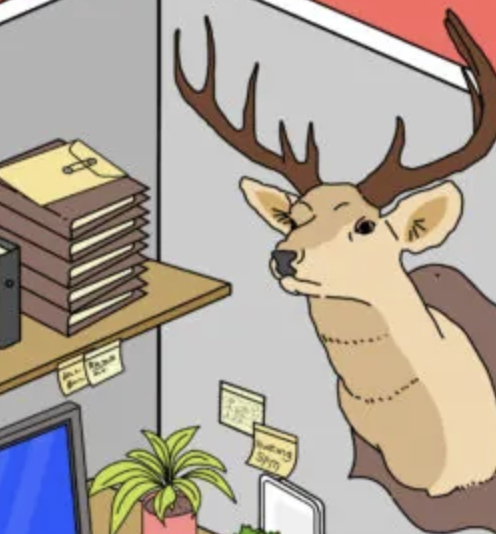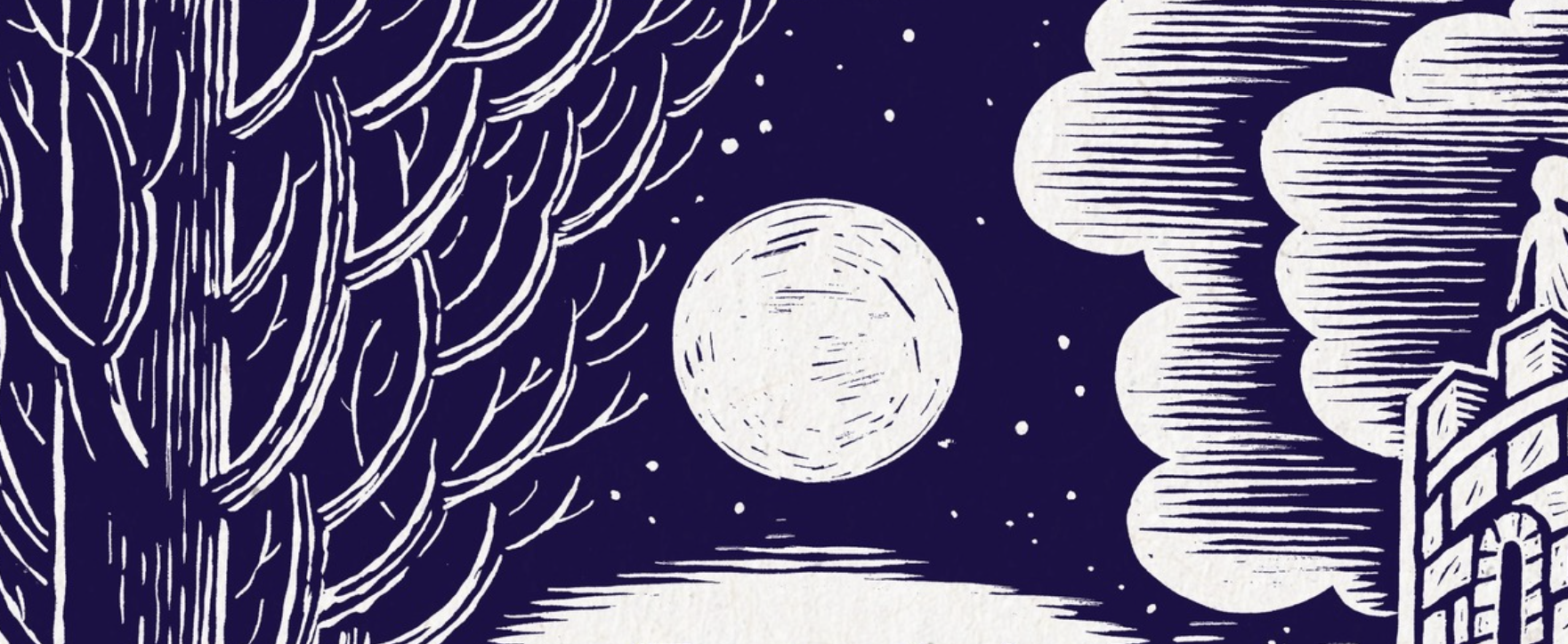
Get into the spirit of spooky season with this exclusive extract from Haunted, E. Jay Gilbert’s collection of ghost stories and haunting tales from across the British Isles. In this passage, an artist struggles to make it across a causeway on the Cornish coast as the tide rises, the dusk closes in, and the hair on his neck starts to rise… Published with Manilla Press, Haunted is now available in paperback.
Causeway
In winter, no ferries run between the Cornish mainland and St Michael’s Mount. The only route back from the island to neighbouring Marazion is the ancient, cobbled causeway, accessible only when the tide is low. Stephen was painfully aware of this as, one November day in 1997, he hurried towards the checkpoint. His watch read 4.03 and, this late in the year, the dusk was fast falling. The causeway closed at 4.35 p.m. If he didn’t make it in time, he would be stranded, as a tour guide had cautioned that morning, adding, ‘Jack the Giant will get you.’
Stephen didn’t believe in Jack the Giant, but he did believe that being stranded on the island overnight would be unpleasant and inconvenient.
A landscape artist, Stephen had grown up in nearby Penzance and was no stranger to the Mount. On the contrary, it compelled him, his artist’s eye struck by its majesty, its crags and curlicues, and the hulking castle at its crest. Paintings of the Mount sold well, too, to postcard companies and in tourist emporiums. As darkness crept in, the castle limned in sunset colours could often look especially stunning, and it was his effort to capture this effect that had led Stephen to dally too long. The tide was drawing in.
On a quiet night, so the fishermen said, the water brought with it the sound of church bells ringing. If you listened closely, you might even hear the last promise of poor hanged Sarah Polgrean to her lover Jack: ‘I will, I will . . .’ Sarah was hanged at Bodmin Gaol in 1820, by all accounts rightly, having poisoned her husband with arsenic. Local folklore, however, preferred to linger on the more romantic aspect of the story, her voice on the wind intermingled with the sounds of lost villages now fathoms deep.
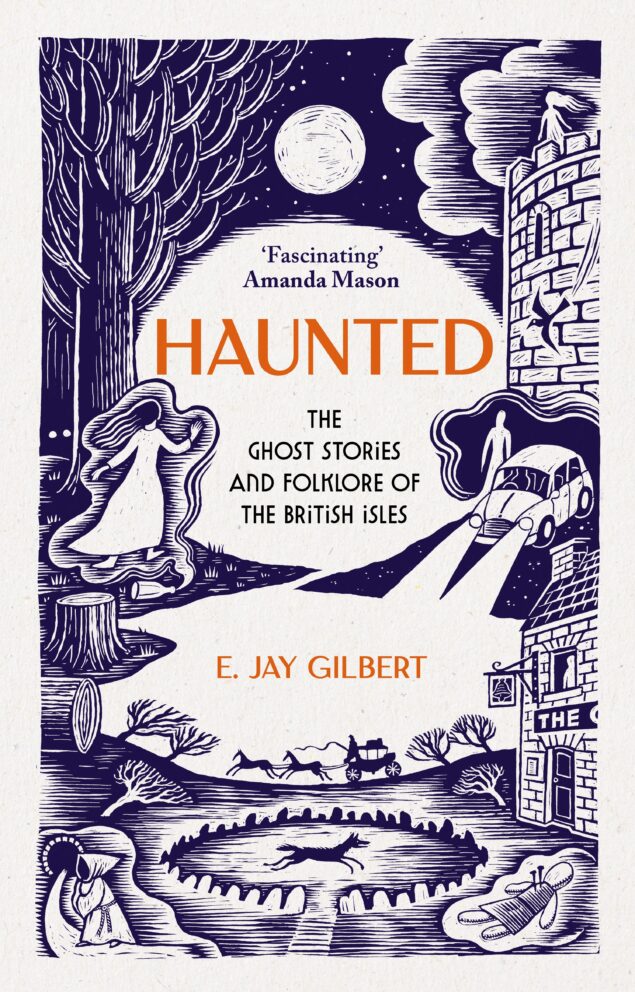
Stephen had never heard the bells. Fishermen were a superstitious lot; it would turn anyone’s brain, Stephen thought, to live so much at the whims and mercy of the sea. What concerned him more was the fact that his painting wasn’t finished. He held it away from his body as he walked, hoping to preserve it from any scuffs. When he reached the checkpoint at the base of the island, it was 4.18 p.m. Just about enough time to cross, if he walked fast.
Darkness continued to fall. In the summer months, the Mount drew thousands of visitors a day, but on this November evening, licked with frost, Stephen was almost alone. At the far end of the causeway, one intrepid family was just disappearing onto the mainland, reaching safe harbour. Stephen watched them go and felt a prickle of unease beneath the collar of his heavy coat. The water was drawing in, and there he stood, a solitary figure in the middle of the causeway.
He wasn’t sure what made him turn. One moment, he was acutely aware of his loneliness, standing like the last man at the edge of the world, as the waters drew in. The next, he was convinced there was somebody with him. Something like a breath curled against the back of his neck: far, far too warm to be the wind on an afternoon like this.
Stephen turned at once, his heart leaping into his throat. The causeway, of course, was empty. Stephen clutched at his chest, willing himself to calm. It was only his nerves; only the lateness of the hour and the oppressiveness of the quiet. No wonder the fishermen heard bells.
Pausing for a moment, he took in the island. The castle was a vast silhouette against the sky; the light had changed considerably since he’d packed up his things. There would be no finishing the painting tonight.
Just as he was about to turn away, he noticed a figure high up on the battlements, stiff-backed and still. That would make an arresting painting, he thought. It was the figure of a woman, dressed in white, her long dark hair hanging loose around her face. The face itself, at this distance, was indistinct. Stephen fumbled in his pocket for a disposable camera, intending to snap a quick shot for reference. He withdrew the camera and clicked. When he lowered it, the figure was gone.
Stephen shook his head as if to clear it; looked again. The place where the figure had been was definitely empty. Stephen remembered the warm breath on his neck, but – no, he told himself. The castle was inhabited, after all. The figure had probably been a teenage daughter of the family. Teenagers move quickly, except when they’re determined not to move at all. He was being silly. Still, he picked up his pace as he continued towards the mainland. No man ever won in a battle against the tides.
In Marazion, his car was where he’d left it in the long stay car park. For all his bluster, it was with a sense of deep relief that he unlocked the driver’s side door and slid into his seat. The car park, like the causeway, was deserted; when Stephen turned the key in the ignition, the radio roared to life along with the engine. The familiar sound of Oasis helped slow Stephen’s heart rate.
Then came a rap on the window.
Stephen stilled. He thought of the bells, and sad Sarah’s last promise, and the fishermen, and felt as he turned his head that he’d rather have bells on the silent waters than this, the empty car park and the strident tapping on his window.
A girl stood there, white-faced and impassive. Her hair was long and dark, loose around her face, and her dress was bridal white. What struck Stephen most of all was the certainty in her gaze as they looked at each other. For what felt like forever, the girl looked at Stephen, unspeaking, and Stephen looked back. He could do nothing else.
Eventually – as if spurred by some cue Stephen could not hear – she straightened. She walked away. Stephen was almost unsurprised to see her disappear by the exit barriers, as if melting into the darkness. It was as if he had lost the capacity to feel surprise; or perhaps simply that he had known already that this would happen. The girl would disappear, as she had before on the battlements. Stephen closed his eyes and forced himself to breathe again.
He felt little surprise, either, when the photographs were developed and his study of the girl on the battlements showed only battlements, and no girl. He painted the image anyway and, with great care, put her back in it.

